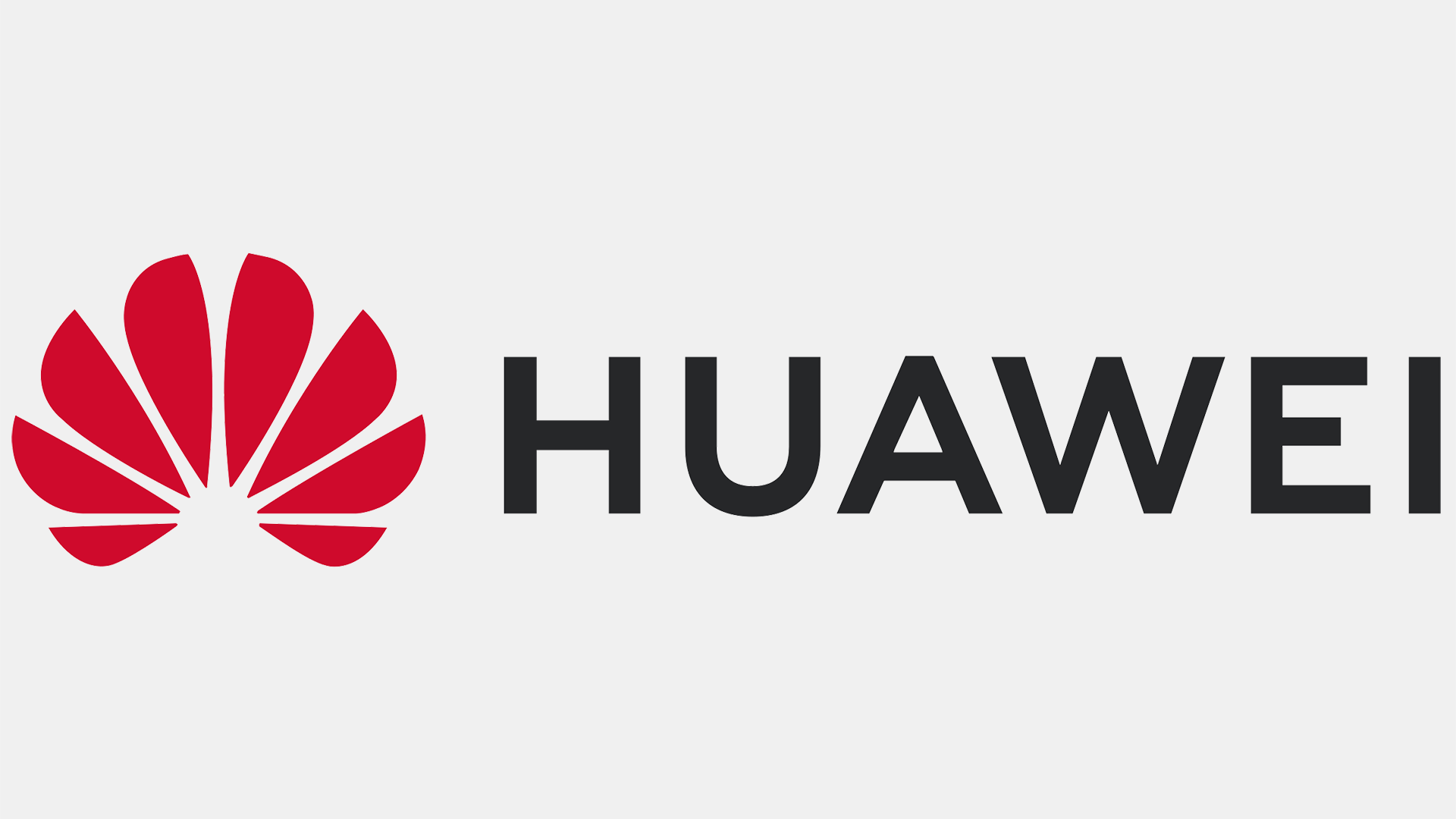Huawei Plows Forward With AI Models Despite U.S. Sanctions
Huawei uses outdated hardware to advance its AI projects.

The U.S. government restricted Huawei's access to advanced process technologies in 2020, but despite this, the company continues to advance its technologies, particularly in such fields as artificial intelligence. Apparently, the company is using outdated hardware obtained years ago for its current AI projects, reports DigiTimes. At its Huawei Developer Conference this week, Huawei also unveiled its new Pangu Models 3.0 AI Large Model for a wide range of industrial and scientific applications.
Before Huawei was hit by severe sanctions in 2020, the company's HiSilicon division was among the largest clients of TSMC and obtained plenty of chips made on the foundry's N7 (7nm-class) process technology. The chips in question are Kunpeng 920 processors as well as Ascend 910 AI accelerators that are used for Huawei's Atlas 900 Pod A2 AI training cluster that Huawei's using to advance its AI efforts.
Despite encountering challenges in obtaining access to advanced processing technologies, Huawei is still establishing a strong presence in the AI market through the strategy of import substitution, DigiTimes reported without elaborating. Earlier this year, the company demonstrated new server motherboards and used tape and coolers to hide the names of its component suppliers.
At the Mobile World Congress 2023 event held in Shanghai, Huawei displayed AI devices that perform inferencing in both cloud and edge computing environments, the report claims. At another trade show, the World Artificial Intelligence Conference (WAIC), the company demonstrated an AI robotic arm powered by its Atlas 200IDK A2 and the Ascend developer kit that could recognize colors and move. That was followed by the company's release of the Pangu Models 3.0 AI models earlier this week.
Keeping in mind that the AI industry in China is estimated to reach a value of $150 billion eventually, it is just too attractive of a market for Huawei to miss. As a result, Huawei is expected to keep investing in its AI software and ecosystem (including its own compute framework) while it is trying to either get potent hardware either by using advanced packaging and mature process technologies or gaining access to sophisticated production nodes.
It is unclear whether Huawei can catch up with rivals that are not hit by restrictions, but at least for now, it looks like the company can continue the development of its AI prowess.
Get Tom's Hardware's best news and in-depth reviews, straight to your inbox.

Anton Shilov is a contributing writer at Tom’s Hardware. Over the past couple of decades, he has covered everything from CPUs and GPUs to supercomputers and from modern process technologies and latest fab tools to high-tech industry trends.